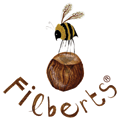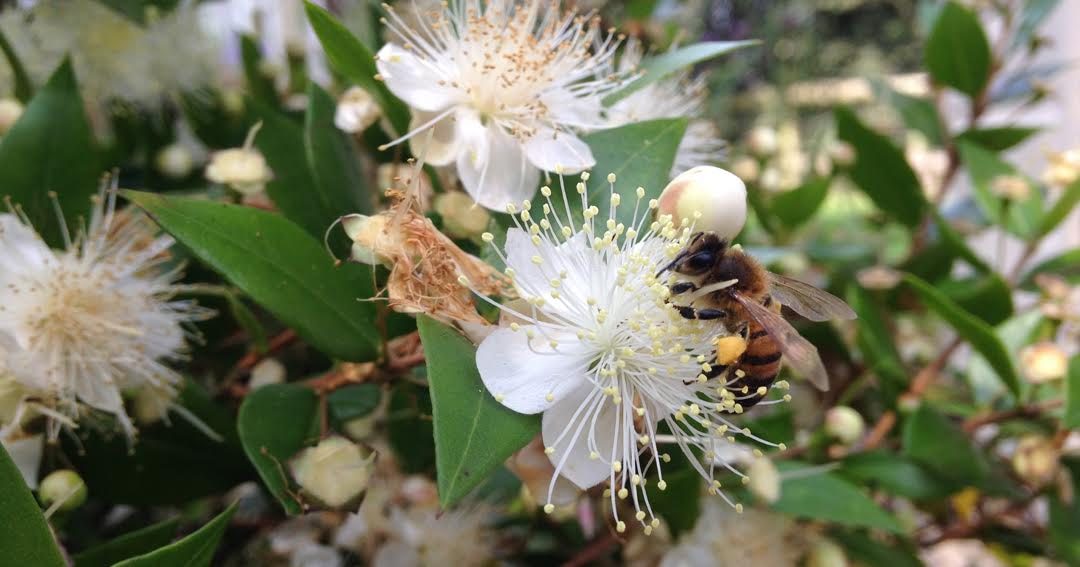The cold spell in June meant that summer flowers are a bit later this season – it’s September but the bees are still feeding on golden rod and myrtle, usually finished by the end of August in Dorset. Michaelmas daisy is late, but that means there is still something to come.
A few patches of late summer flowers give the bees a bit of a boost as they prepare for winter. Cosmos, sedum, single chrystanthemum, late flowering autumn raspberries, late sown annuals sited where they will catch the sun – all these will help bees and other pollinators keep their strength before hibernation.
Ivy is the last key source of food on warm days during winter when bees come out for short periods to forage. If you have space, leave some ivy in a sunny corner where bees will enjoy feeding on it.
- Beekeeping Courses in West Dorset - 15th August 2019
- Colours of pollen - 9th July 2019
- Beeswax food wraps - 22nd February 2019

